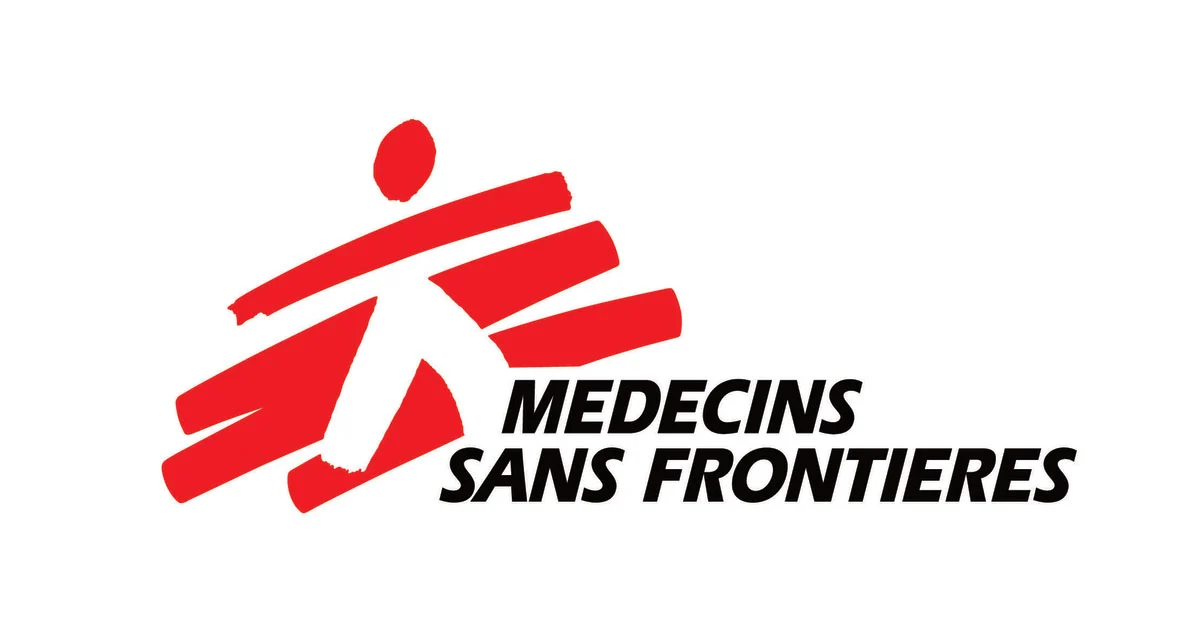Where did you go and what did you do?
I worked with Médecins Sans Frontières (MSF), specifically the MSF South Asia team. Due to the COVID-19 pandemic, my PIPS was completed by working from home. I reported to the Medical Innovation Lead for MSF South Asia and was tasked with looking into antimicrobial resistance (AMR) and infection, prevention, control (IPC) in Bangladesh and creating dossiers on each topic. Initially, I performed a search of all available literature into the two subjects in Bangladesh and then filtered them appropriately for relevance, date, language etc. I then reviewed each source comprehensively, extracting the relevant data which aligned with the MSF dossier structure (including current burden and management protocols, major challenges and MSF’s response). These reviews were then summarised into the dossier structure and infographics of relevant data were made. The dossiers were further summarised into short PowerPoints which I then presented to the MSF Bangladesh team.
What made you want to do that particular placement?
Having previously completed a placement in a pharmaceutical company and being frustrated by the economics and politics, I have sought out organisations that have a direct impact on helping people. This is when I discovered MSF and with the desire to work with them in the future, I decided to do my PIPS with them to get experience with the organisation and hopefully improve my chance of a future job! I reached out to MSF and I was contacted by Raj with the internship described above. Sadly, due to COVID-19, I wasn’t able to travel to Bangladesh but the chance to work with the Medical Innovation Lead to help suggest MSF’s potential role in the Bangladesh AMR and IPC scenario seemed like an exciting and important opportunity.
How did you go about finding and planning your PIPs?
I know someone with links to MSF and they reached out to their contact in the UK team. I was then put in contact with Dr Bhishmaraj Srivastava and we discussed what we both needed from the placement and agreed on the details. I planned my PIPS for the beginning of summer, once my MChems had finished in the lab and I had wrapped up work in a different university for the time being.
What have you gained from doing your PIPs?
With regards to my skills, I have developed my literature reviewing, scientific writing and presenting skills. I have also learnt to collaborate with others working in different time zones! I have a gained an even deeper respect for the incredible work MSF do and was inspired by members of the Bangladesh team, which comprised of mostly women, making my desire to work with MSF in the future even stronger.
How would you sum up your PIPs experience?
A valuable and inspiring experience in which I helped to make a positive impact on people’s lives on the other side of the world.
What advice would you give to other PGRs about their PIPs?
Try to find a PIPS at the organisation or in the same field that you think you want to go into after your PhD – after your PIPS you’ll have a much better idea about whether that organisation/job is for you!

